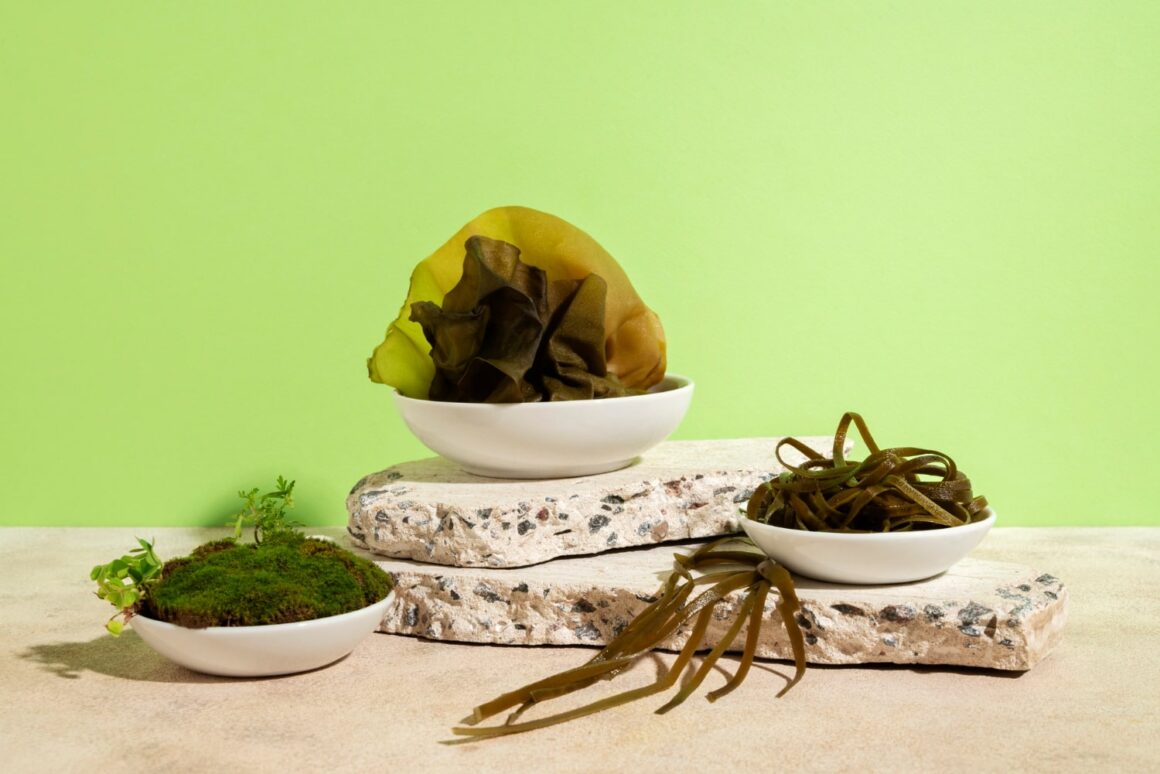Table of Contents Show
✍️ AI is summarizing:
Explore the profound seaweed benefits within traditional diets, a key to health and longevity. Rich in this versatile food, Japanese cuisine demonstrates its vital role in promoting overall wellness.
Related post:
- Unlocking the Power of Seeds: Top Health Benefits of Seeds You Should Know
- Collagen Benefits: Unlocking Youth and Vitality
- Why Weightlifting in Retirement Is A Game Changer?
A cultural connection to seaweed benefits
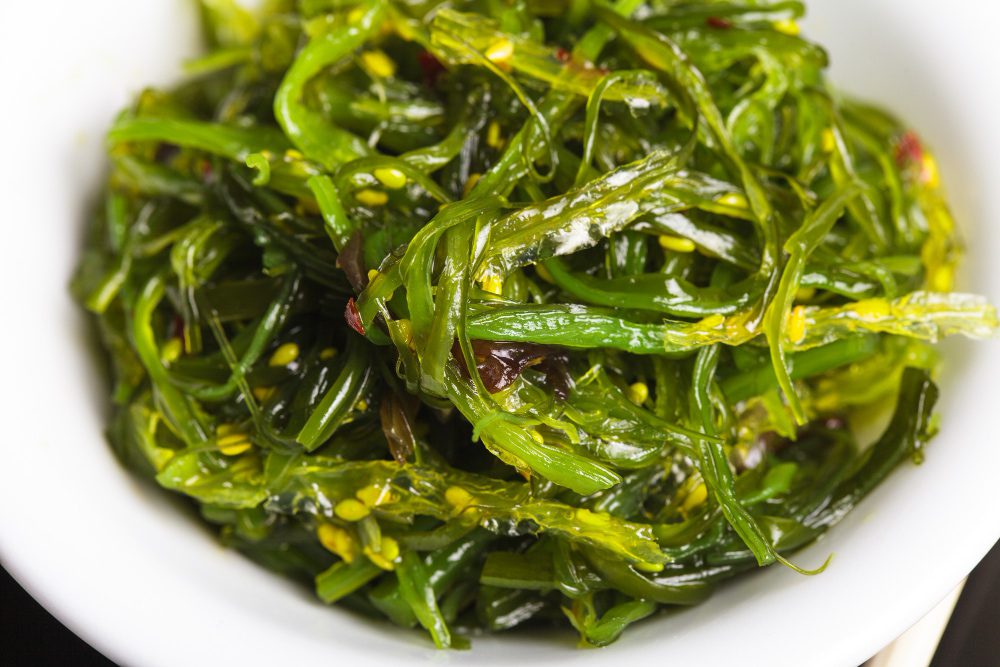
For centuries, seaweed has been a staple in traditional diets worldwide, particularly in Asia. It is revered for its seaweed benefits, including hair strengthening, vitality enhancement, and overall well-being. Elders often highlight the importance of daily consumption, such as incorporating seaweed into miso soup, as a key to longevity and good health.
The nutritional power of seaweed benefits
Seaweed is not just a flavorful addition to meals; it is a powerhouse of essential nutrients that contribute to overall wellness. Rich in soluble and insoluble fiber, seaweed promotes digestion and supports gut health. It contains crucial minerals such as iron, iodine, potassium, calcium, magnesium, and polyphenols that help reduce inflammation and regulate blood sugar levels.
Among the notable seaweed benefits is its ability to provide all nine essential amino acids, making it a valuable plant-based protein source. Additionally, seaweed is packed with omega-3 fatty acids necessary for heart health and cellular growth.
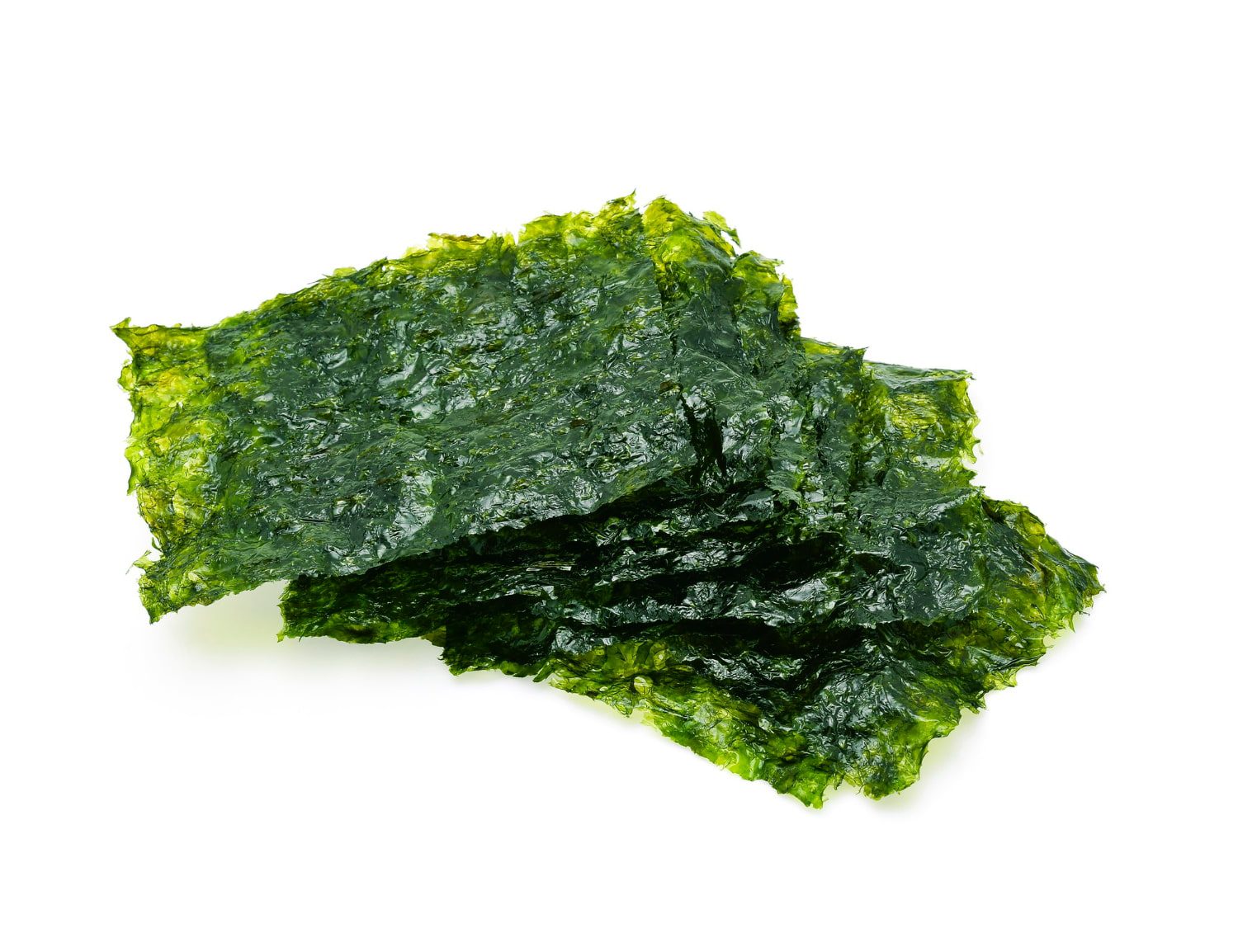
Nutritionists recommend incorporating various types of seaweed into daily meals, including kombu, wakame, nori, hijiki, kanten, and aonori. With its umami-rich taste, seaweed enhances flavor naturally without adding salt or unhealthy fats.
Practical and sustainable seaweed benefits
One of the most compelling seaweed benefits is its ease of preparation and sustainability. Many seaweed varieties require minimal processing—just soaking or rinsing before consumption. This accessibility makes it easy for anyone to incorporate seaweed into their diet. Additionally, seaweed is widely available in grocery stores and Asian markets.
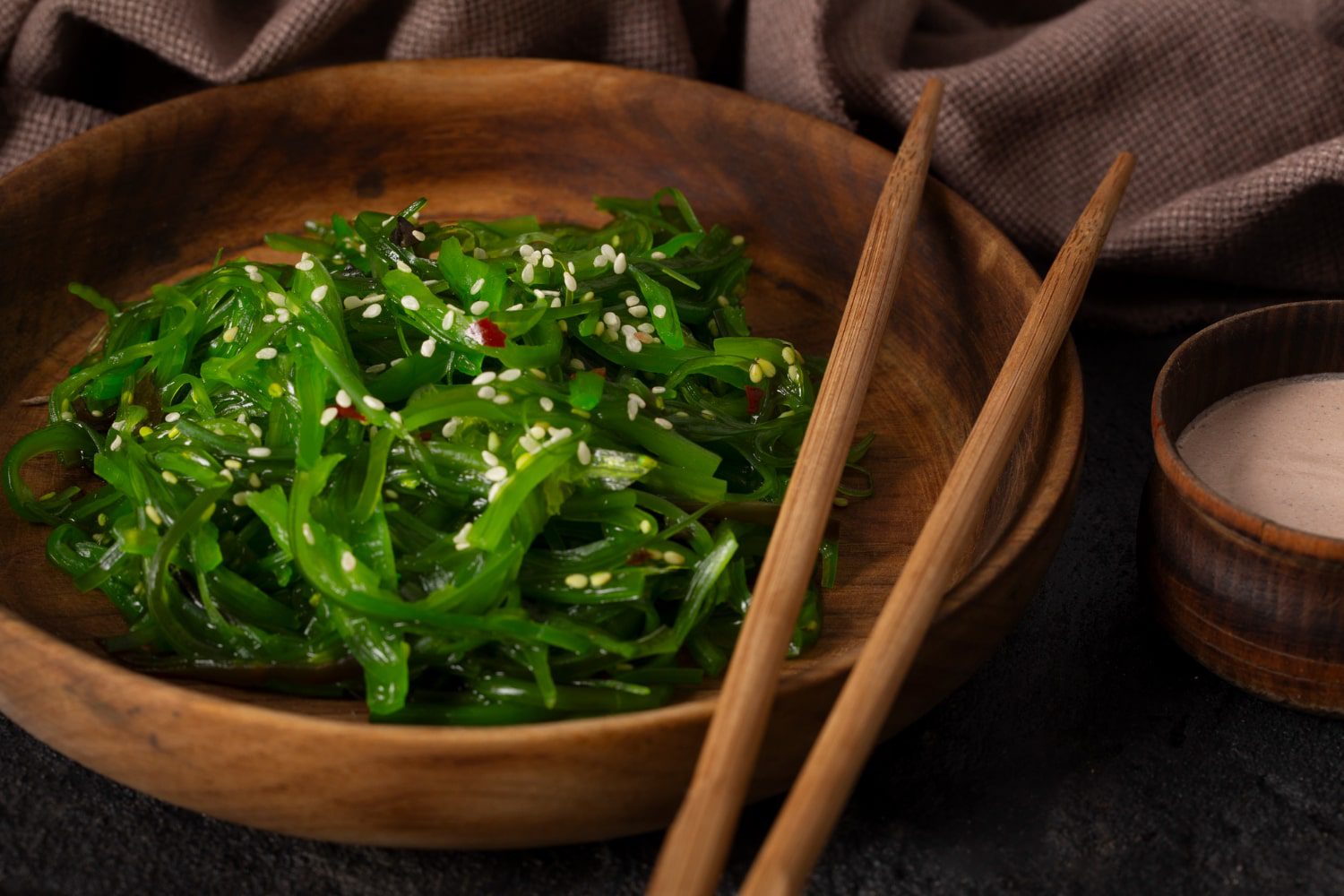
Beyond its health perks, seaweed is an environmentally friendly food source. It grows without the need for freshwater or fertilizers, making it one of the most sustainable crops in the world. In Vietnam, seaweed cultivation thrives in coastal provinces like Ninh Thuan and Binh Thuan, where warm waters and abundant sunlight foster ideal growing conditions.
Vietnamese seaweed is commonly used in dishes like canh rong biển (seaweed soup) and is praised for its detoxifying and digestive-supporting properties. This shared appreciation of seaweed benefits between Vietnam and Japan highlights its importance in Asian culinary traditions.
A daily ritual for maximizing seaweed benefits
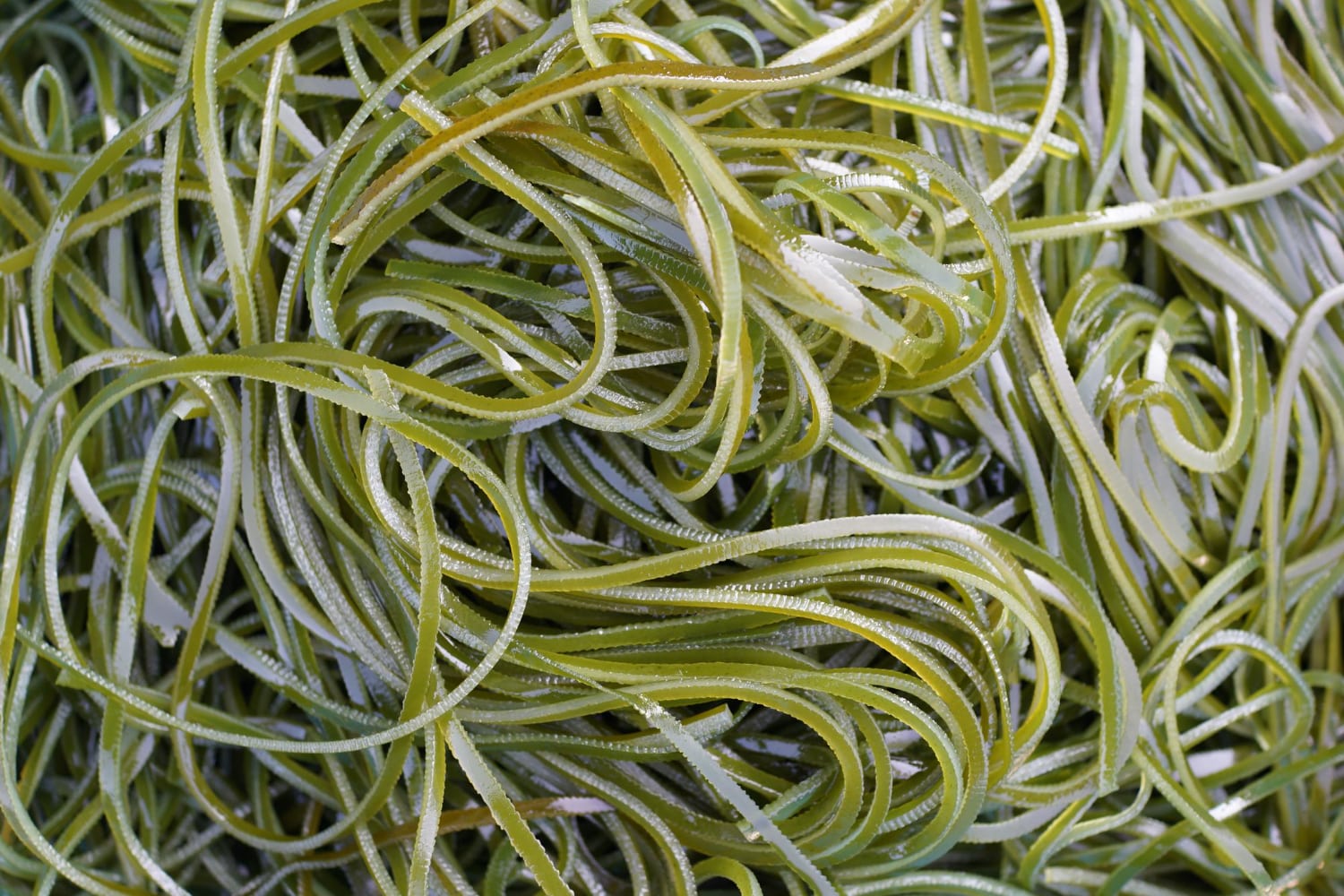
Incorporating seaweed into daily meals goes beyond nutrition; it is a meaningful cultural practice that connects individuals to their heritage. People embrace a centuries-old tradition that promotes health, gratitude, and mindfulness with each serving.
By making seaweed a dietary staple, individuals can experience numerous seaweed benefits, from improved digestion and enhanced metabolism to better heart health and longevity. Nutritionists and health experts continue to advocate for seaweed as a vital addition to modern diets, reinforcing the value of this remarkable superfood.
Whether in Japan, Vietnam, or beyond, consuming seaweed underscores a deep-rooted appreciation for health, sustainability, and natural ingredients. Embracing seaweed benefits in everyday meals can lead to a healthier, more fulfilling lifestyle while honoring a rich culinary heritage.
Conclusion
The undeniable seaweed benefits make it a must-have superfood for anyone looking to improve their well-being. From providing essential nutrients to promoting digestive health and sustainability, seaweed is a versatile ingredient that supports a balanced and nutritious diet.
By incorporating seaweed into daily meals, individuals can harness its powerful health benefits while embracing a food tradition that has stood the test of time. Start adding seaweed to your diet today and experience its remarkable impact on your health and longevity. Stay updated with all things ExoTrails! Follow us on Facebook for the latest news, travel stories, and inspiration.

